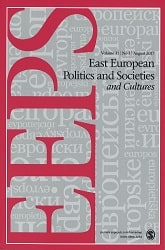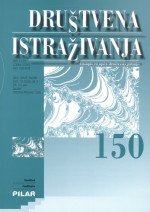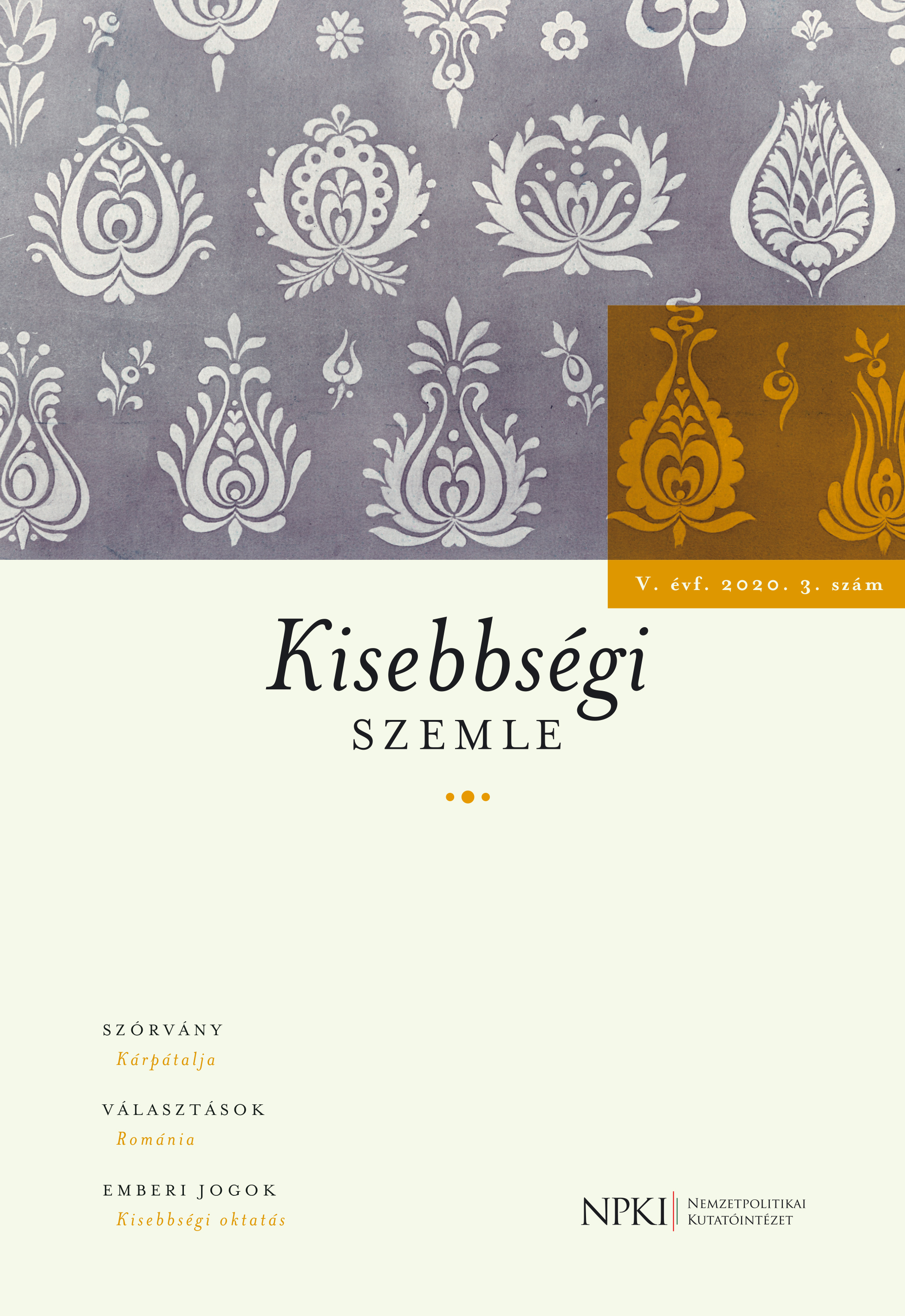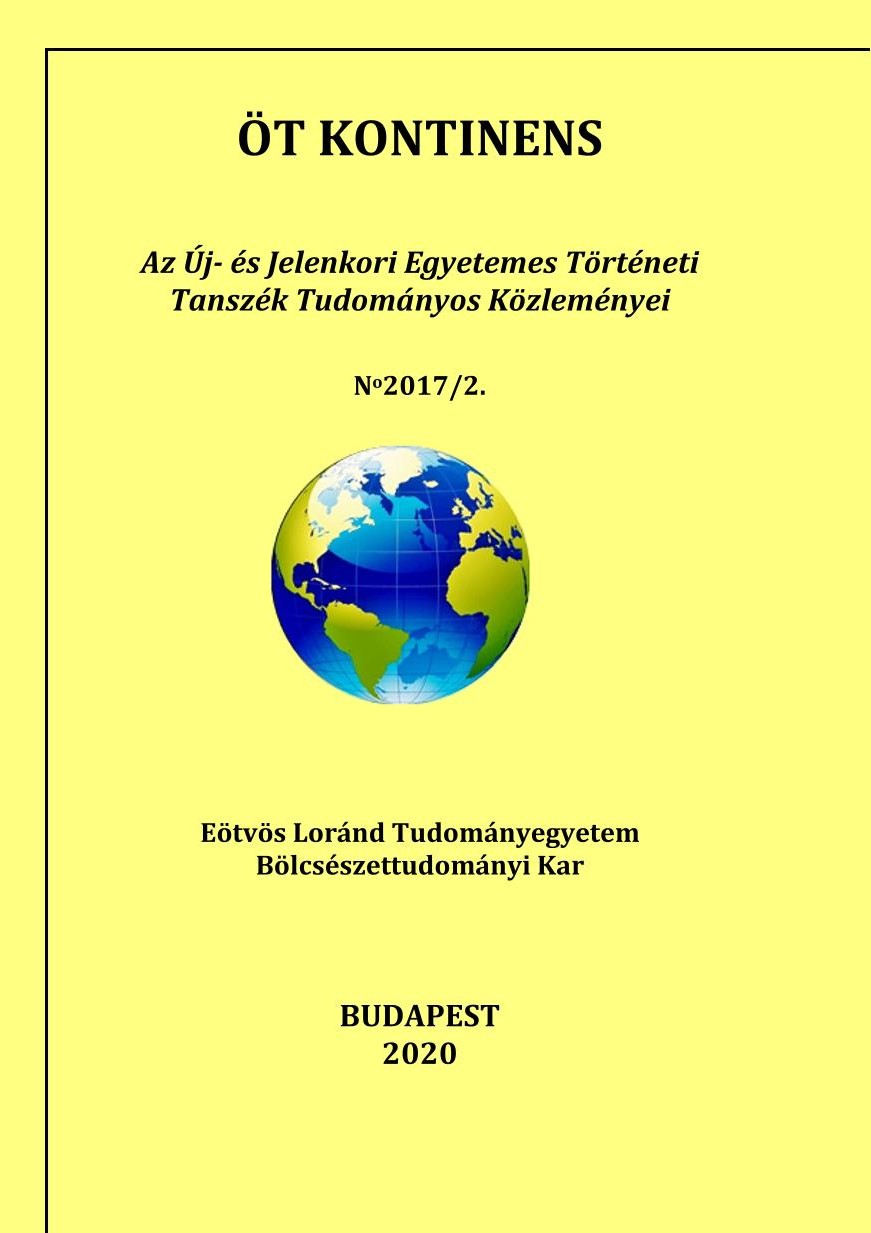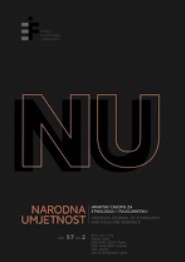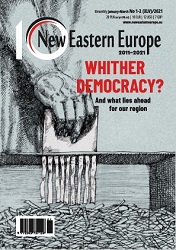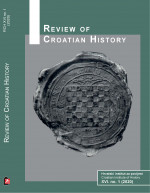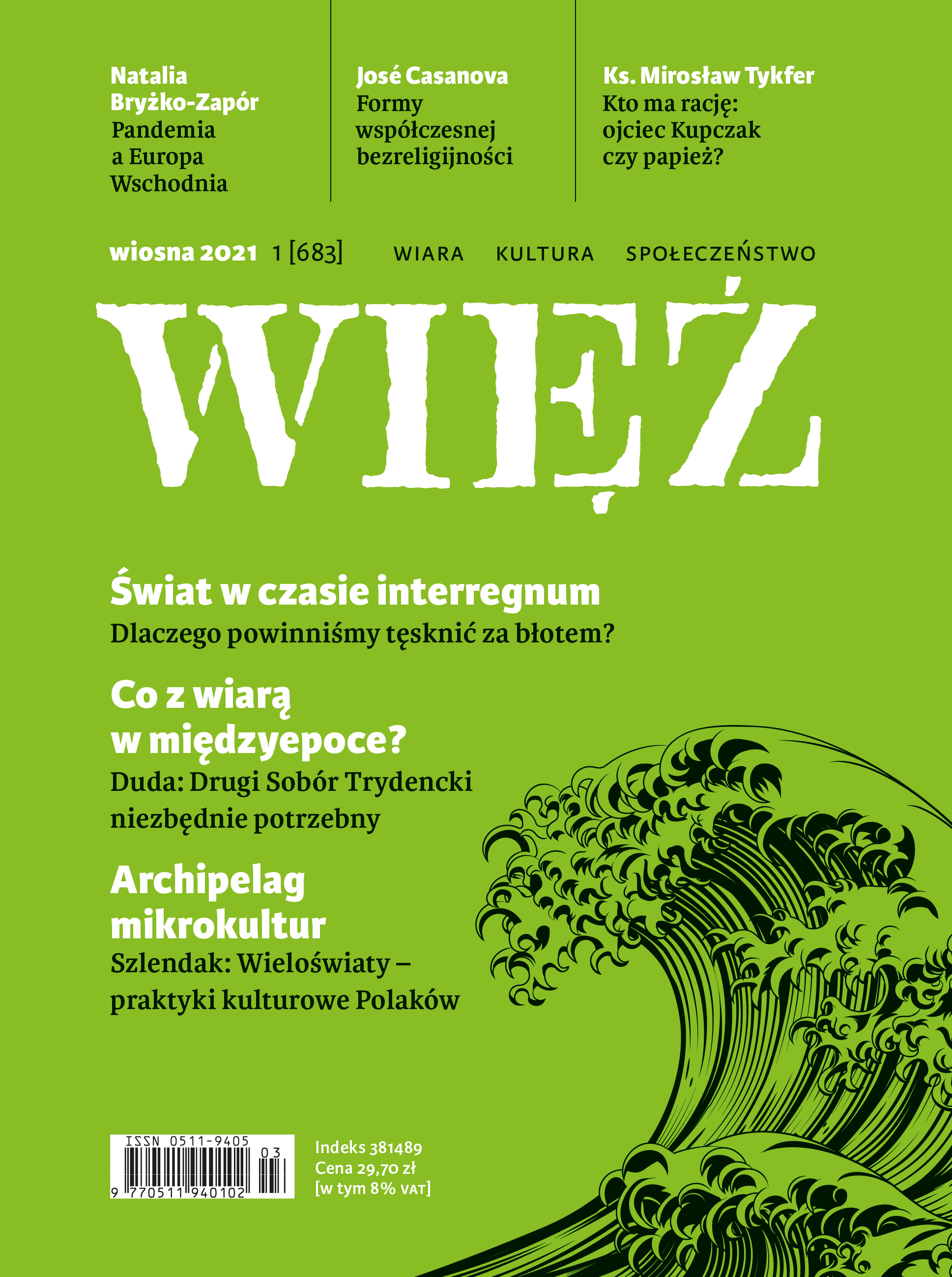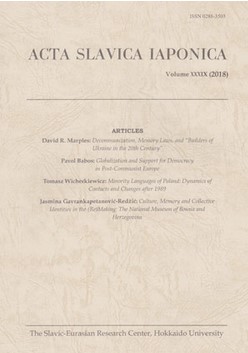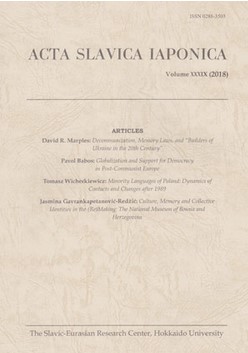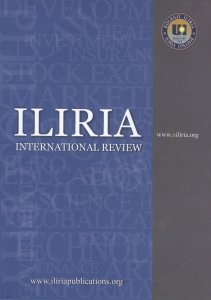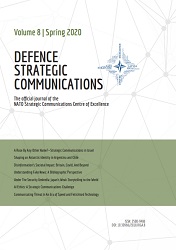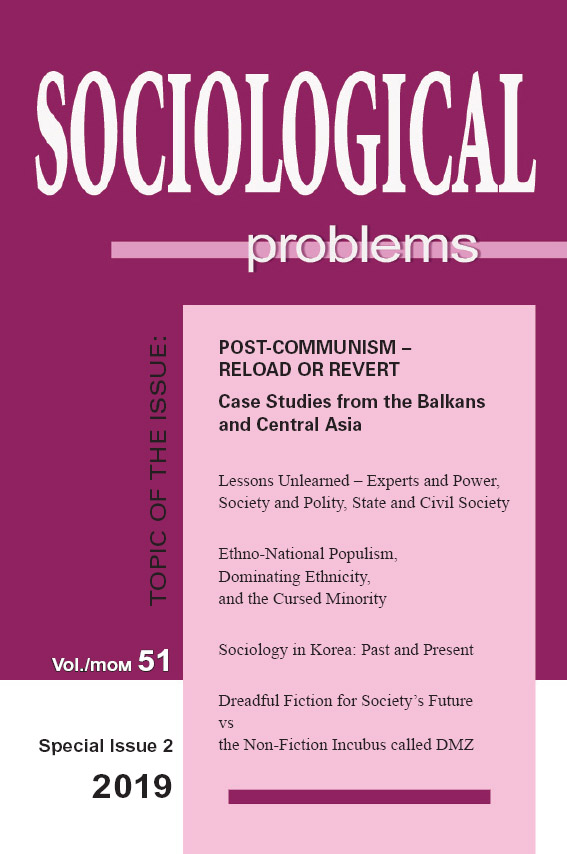
A Modern Interpretation of Marxist-Leninist National Policy (On the Example of the National Minorities Issue in Uzbekistan)
The aim of the article is to present a modern interpretation of the national policy of the Soviet government on the example of the issue of national minorities in Turkestan in 1917. The authors analyze a large amount of scientific material, including the documentation of congresses and resolutions of the government of Turkestan. Based on the research results, the authors conclude that the policies on national minorities under the administrative command system was contradictory and inconsistent. In general, the dynamics of the impact of the system on the sphere of national life turned out to be negative. Due to false ideological attitudes, the domination of administration, the poor scientific basis of policy, the national policy of the administrative-command system was, essentially and objectively, a denationalizing policy. The authors present a modern interpretation of this issue.
More...
